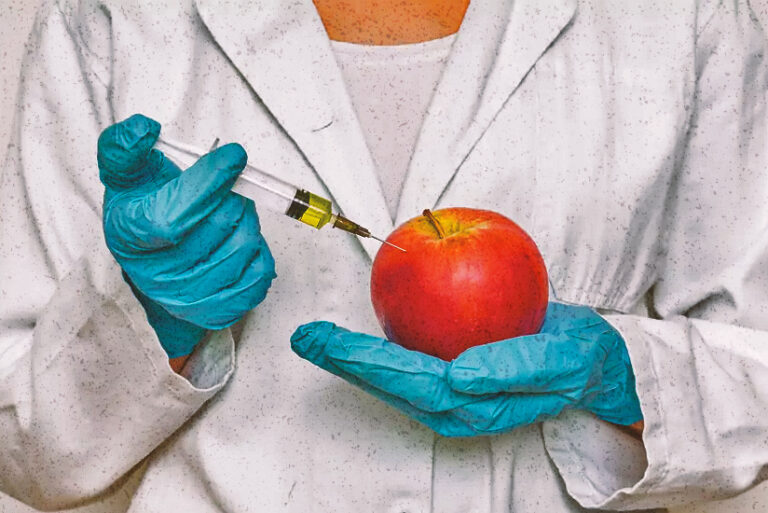LIFE’S LESSON
By Henrylito D. Tacio
“’Thank you’ might be the hardest words to say. We may wonder, what can be so castrating about embracing gratitude? Some think it causes fear of loss, while it unleashes indistinct anxiety of losing independence or self-control. Gratefulness might come down to an undying struggle against oblivion. It could amount to a lasting burden for maintaining the infallibility of their memory. In short, for some, thankfulness is a box of Pandora.” – Erik Pevernagie
***
Laughter, since then proudly declared by the Reader’s Digest, is “the best medicine.” Saying “thank you” may also do the same trick.
I was reading a back issue of the Reader’s Digest when I came across a feature written by Fred Bauer. “If you’re feeling left out, unloved, or unappreciated, try reaching out to others. It may be just the medicine you need,” he wrote.
A.J. Cronin was a Scottish novelist who became famous for his literary works, which included The Citadel, The Stars Look Down, and The Minstrel Boy. Before he became a bestselling author, he was a medical doctor.
“Once, he told of a colleague who gave an unusual prescription to patients afflicted with worry, fear, discouragement, or self-doubt,” Bauer wrote. “The doctor called it his ‘thank-you cure.’”
“For six weeks, I want you to say ‘thank you’ whenever anyone does you a favour,” he was told. “And to show you mean it, emphasize the words with a smile.” Within six weeks, most of the doctor’s patients reportedly showed great improvement.
Peale’s appeal
There was this young man who told Norman Vincent Peale, one of America’s most beloved inspirational authors, about his secret of having a good life. “Every morning of the world, I give thanks for all the wonderful things in my life,” he said.
“And do you know something?” the young man continued. “It’s strange indeed, but the more I give thanks, the more I have reason to be thankful. For, you see, blessings just pile up on me one after another like nobody’s business.”
In his book of collections of tales of courage and confidence, Peale wrote: “This exultant expression interested me, for I well-remembered this young fellow and the long way he had come in achieving this attitude. In his remarks, he had stated a basic law: the more you practice the art of thankfulness, the more you have to be thankful for.”
This, of course, is a fact! “Thankfulness does tend to reproduce in kind,” Peale wrote. “It reverses the flow of life’s good away from you and sets flow in your direction of benefits and opportunities.”
Regardless of how busy we think we are, and how hectic our schedules are, there is always time to say those two words: THANK YOU.
In his book, Peale quoted a long statement taken from the wisdom of a certain David Dunn:
“None of us is ever too busy to pay his way. It takes only a few seconds to say a heart-warming ‘Thank you.’ Probably no American of modern times lived a more hurried or hectic life than (President) Theodore Roosevelt. Yet, even on political campaign trips, when in the hustle and bustle, he might have been excused from thinking of other people, it was his custom, as he left his private train, to stop and thank the engineer and fireman for a safe and comfortable trip. It took but a fraction of a minute of his time, but he had two more friends for the rest of his life.
“‘Good politics,’ you may say. But good living, too – for, after all, isn’t having friends the basis of happy living, as well as of successful politics?”
Dr. Louis Cady, psychiatrist, on gratitude
Ah, to be grateful. There is no time nor place where you cannot say thanks. In his book, Dr. Louis Cady – who was trained in psychiatry at the world-famous Mayo Clinic, made his observation:
“Thanks for nothing. Whether or not one believes in a Supreme Being, the notion that there is nothing to be grateful for outside of the self is, in my professional opinion, the first step down a very slippery slope to nihilism, despair, self-pity, isolation of the self, depression, and death.
“If we have nothing to feel grateful for, let us abandon gratitude for the miracle of new life which emerges every season as the trees and flowers bloom, and the cries of every newborn baby. If we have nothing to feel grateful for, let us abandon all love, respect, admiration, and devotion to our parents who did the very best they could for us.
“If we have nothing to feel grateful for, let us state unequivocally that we care nothing for our marvellous bodies which, for most of us, carry us wherever we want to go and are capable of athletic mastery. Let us forget that with a moderate amount of exercise we can stay in finely-tuned shape and live a minimum of our three-score and ten years on this planet, enjoying our ‘holiday on earth.’”
Thankfulness is universal
American essayist and philosopher Ralph Waldo Emerson offered this advice: “Cultivate the habit of being grateful for every good thing that comes to you, and to give thanks continuously. And because all things have contributed to your advancement, you should include all things in your gratitude.”
It’s never too late to give thanks, to appreciate what others have done for you, and to be grateful for the things you have. “Everyone enjoys being acknowledged and appreciated. Sometimes even the simple act of gratitude can change someone’s entire day. Take the time to recognize and value the people around you and appreciate those who make a difference in your lives,” suggests Roy T. Bennet, author of The Light in the Heart.
Again, here’s Bauer, who inspired me to write this piece: “Thankfulness sets in motion a chain reaction that transforms people all around us – including ourselves. For no-one ever misunderstands the melody of a grateful heart. Its message is universal; its lyrics transcend all earthly barriers; its music touches heaven.” – ###








